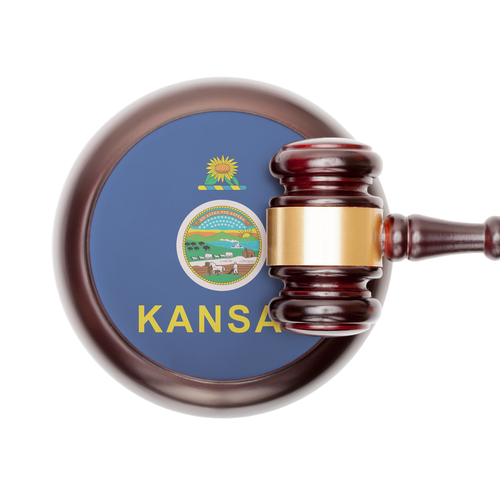Suit over 401(k) losses in employer's own stock gets SCOTUS review
The U.S. Supreme Court has agreed to decide what type of proof is needed when employees sue over 401(k) losses in their employer’s own stock.
The court accepted a class action against Fifth Third Bancorp, which had a 74 percent decline in its stock during a two-year period. At issue is how presumptions apply when employees allege plan administrators violated the duty of “care, skill, prudence and diligence” under the Employee Retirement Income Security Act. The Los Angeles Times, the Wall Street Journal Law Blog (sub. req.) and SCOTUSblog have stories.
The suit claims the company switched to risky subprime lending, but it continued to offer the stock as a 401(k) option. Among the investment choices offered to employees were Fifth Third stock, seventeen mutual funds, and two collective funds, SCOTUSblog says. The company also offered a 4 percent match that was invested in Fifth Third stock, though employees could then transfer the money to other funds.
U.S. Solicitor General Donald Verrilli Jr. argues the company should be liable if plan officials knew the stock was “significantly overvalued” and did not warn employees, according to the Los Angeles Times.
Fifth Third argues that it should not be held accountable for failing to anticipate the “greatest financial catastrophe since the Great Depression.” The company argues the Cincinnati-based 6th U.S. Circuit Court of Appeals used the wrong standard when it allowed the suit.
SCOTUSblog linked to the cert petition (PDF) in the case, Fifth Third Bancorp v. Dudenhoeffer.



